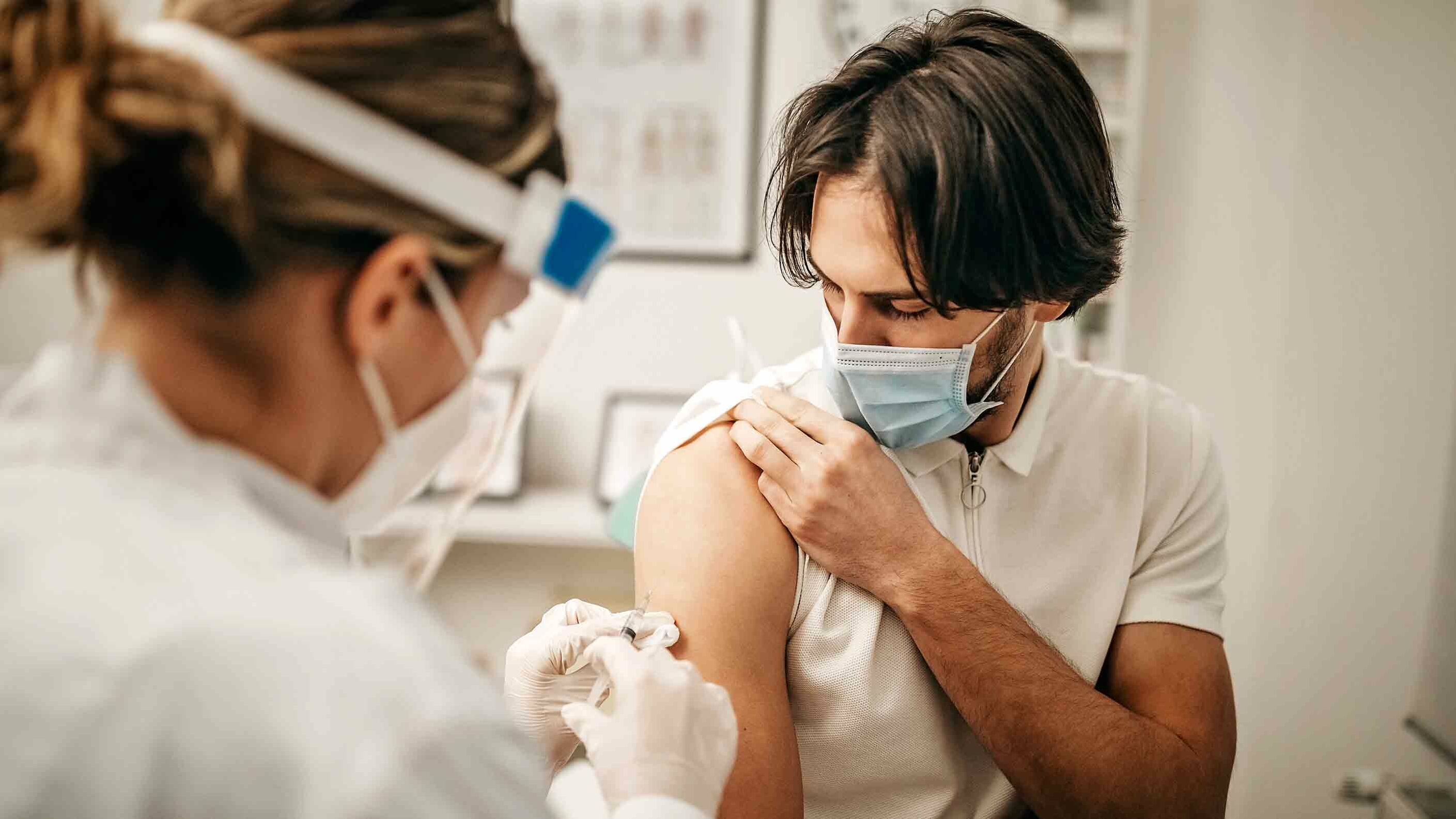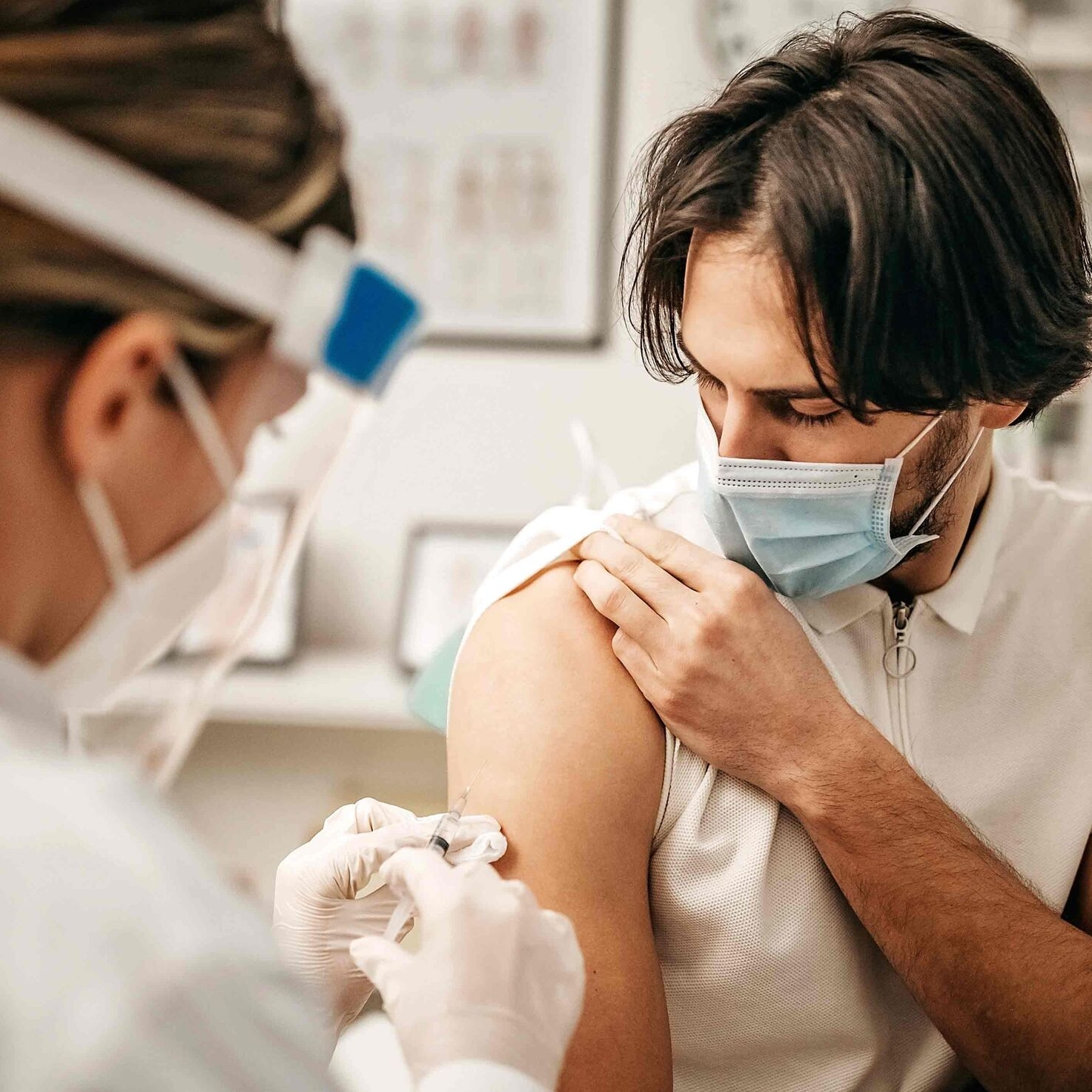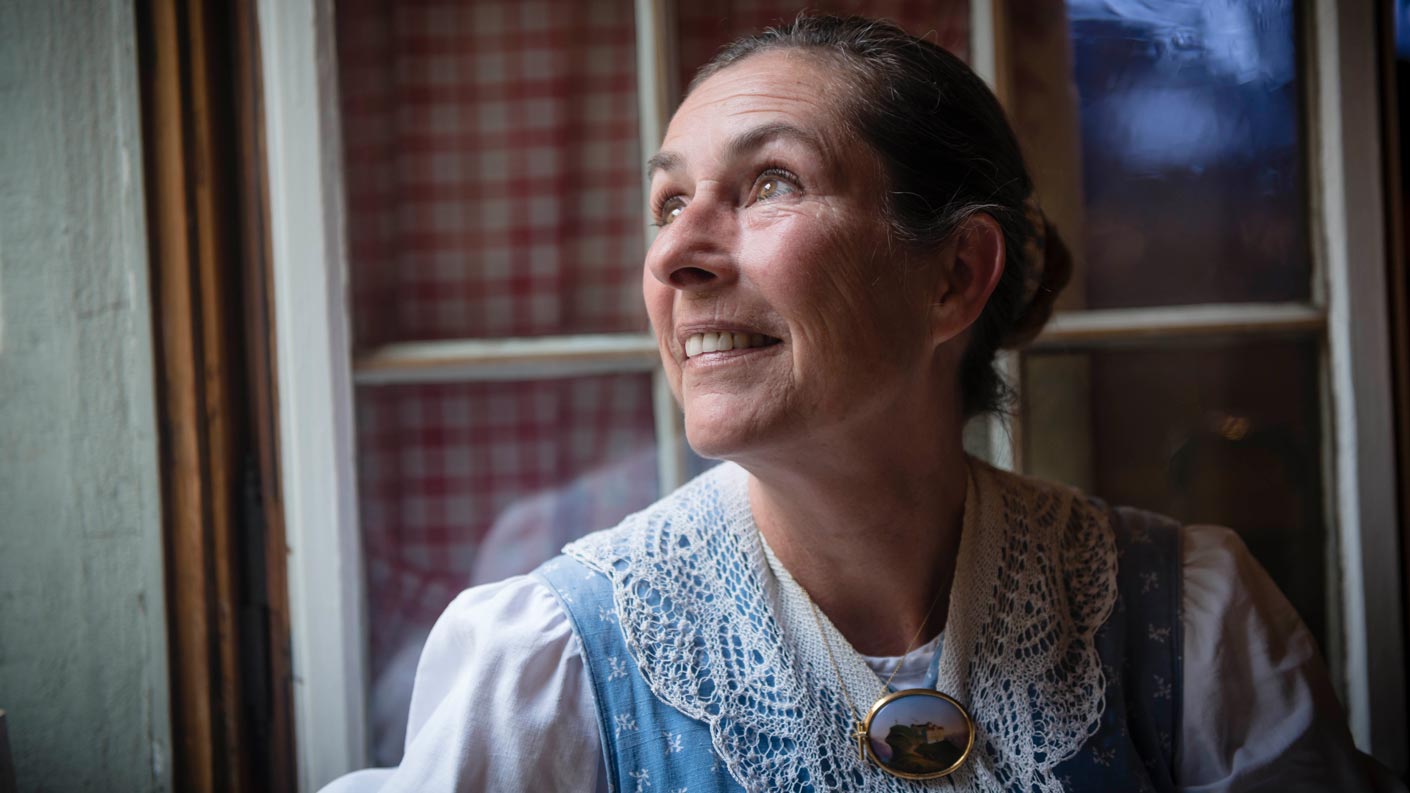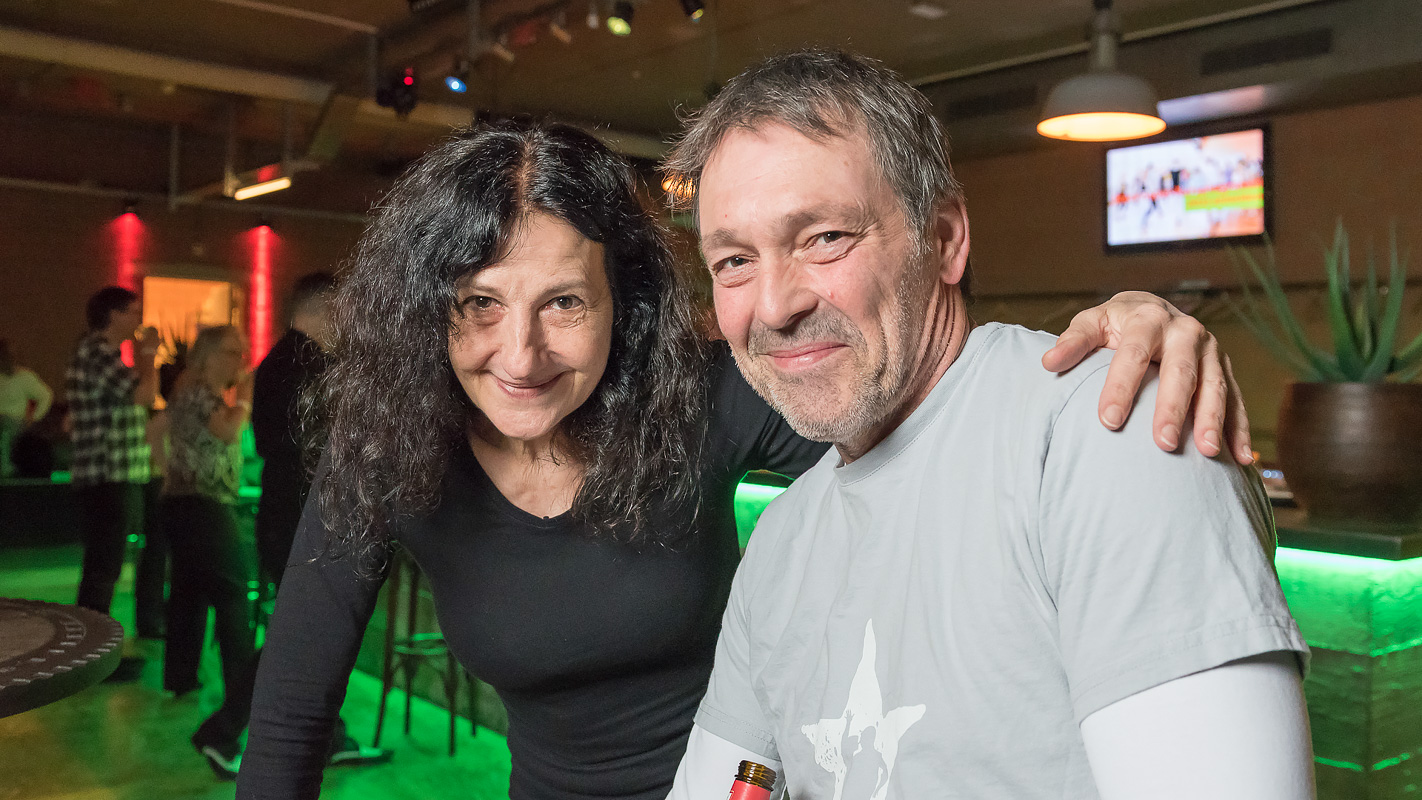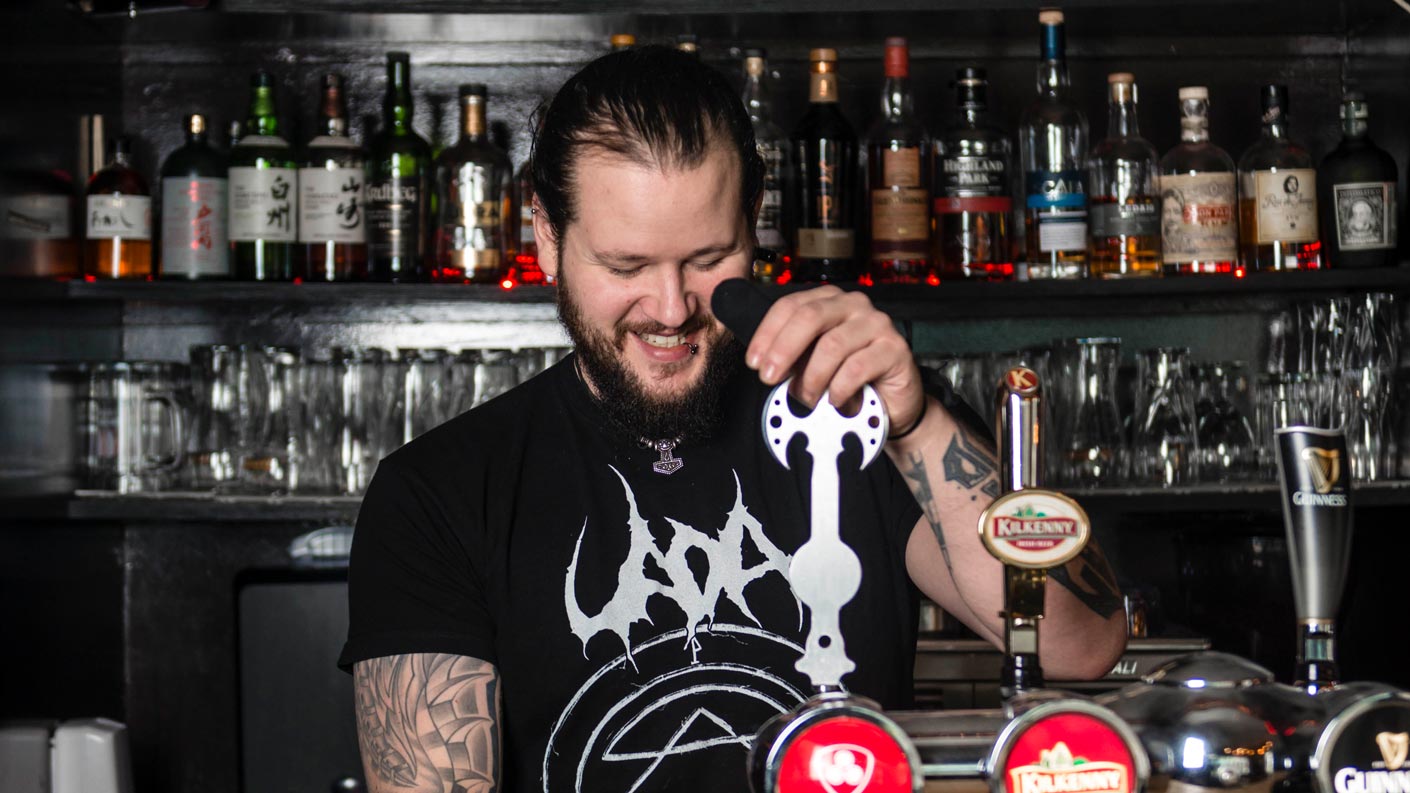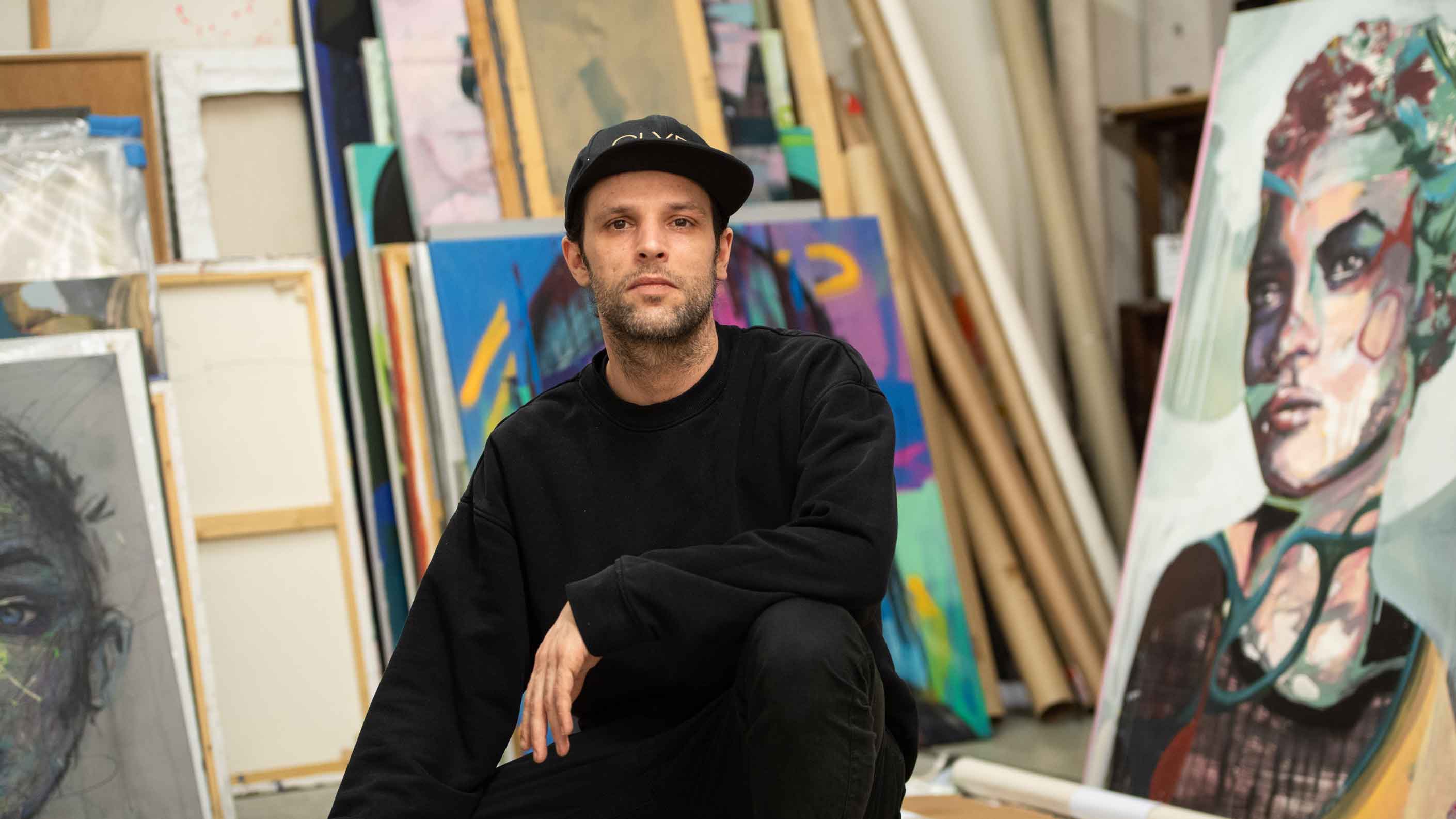Culture & Nightlife | Nightlife column
What does being vaccinated have to do with an appreciation for going out?
Dancing has been back on the agenda in Zurich since the end of June. Entry to venues is only allowed for those who can show a valid certificate that proves vaccination, recovery from the virus or a negative test. Regardless of how long COVID tests have been free for those without symptoms, the current epidemiological situation shows that only a high number of people being vaccinated will give us a sustainable route out of the pandemic. Getting vaccinated doesn’t just mean protecting yourself, it’s about showing solidarity with your fellow human beings and, according to our nightlife columnist Alexander Bücheli, showing your love for nightlife culture.
Since 25 June, Switzerland has had its dancing shoes back on, and not just outside like in Germany but in clubs as well. Entry to venues is limited to those who have been vaccinated, have recovered from the virus or have tested negative, and can show a valid certificate and ID. After the first weekend was plagued with uncertainty, the use of the COVID certificate has definitely progressed positively. Additional testing capacity set up near the clubs has also played an important role, at least at the beginning, allowing for around 5,000 extra tests to be carried out quickly thanks to partnerships with pharmacies and private providers.
There’s far less debating at the door.
However, the success of this service and the queues outside nightlife test centres are covering up the fact that Zurich partygoers aren’t against having the vaccine. It’s only the minority getting tested before going to a club. This is also reflected in the take-up of the vaccine in the Canton of Zurich, which shows that just over 70% of 20- to 40-year-olds in the city have had at least one dose. It’s also interesting to observe that COVID certificates are more accepted by guests than the collection of contact details, as was required last summer. There’s far less debating of policies at the door, which is surely related to the fact that in checking the certificate, no data is saved. Anyone with no or an invalid certificate is referred to the free testing, which has also turned out to have a calming effect.
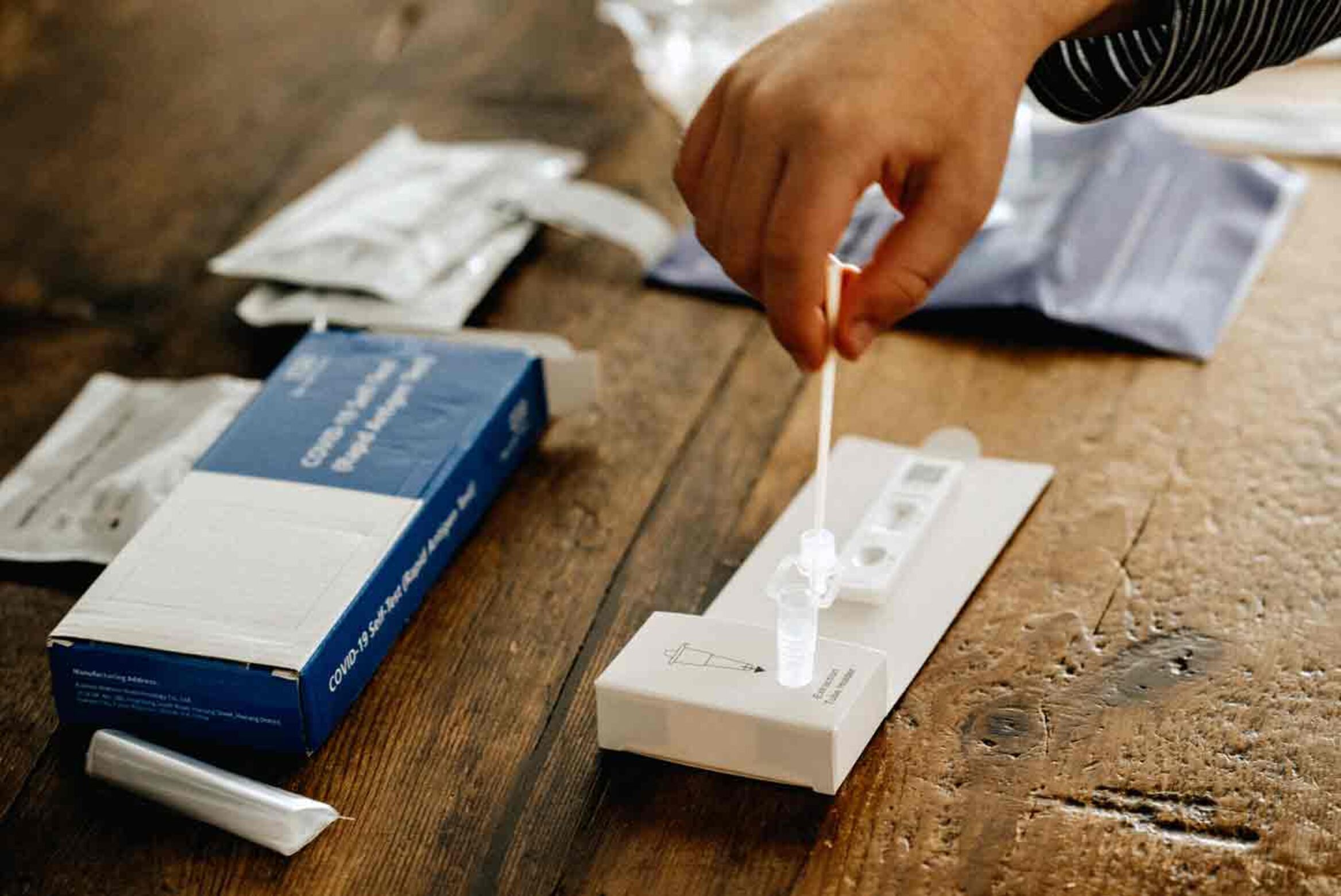
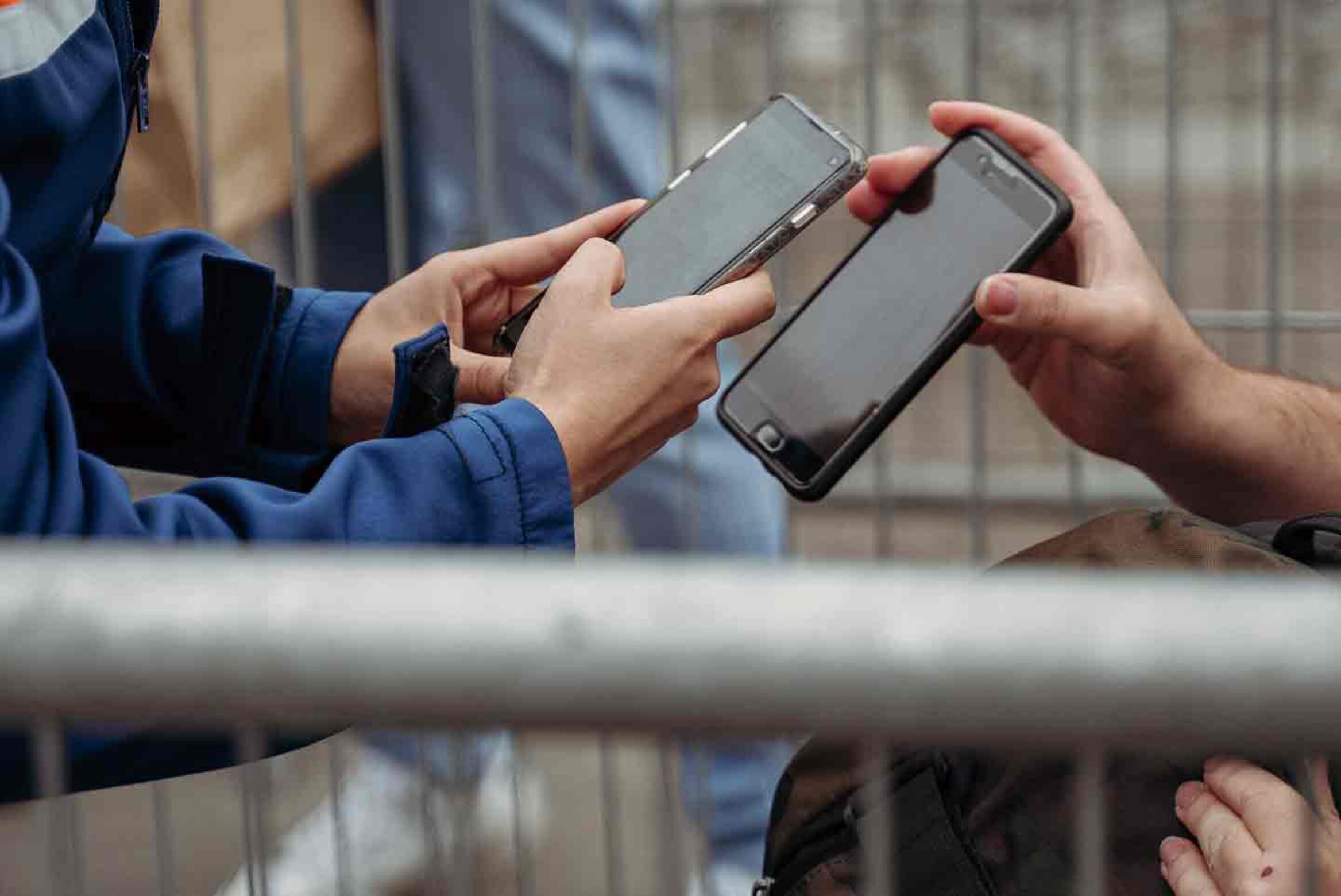
Of course, we can’t speak for the club scene as a whole. As an estimate, around 20% of potential guests, regardless of whether they’ve been vaccinated, are fundamentally against the use of a certificate for events. And in a certain sense, it does actually contradict the culture that otherwise prevails when going out in the evening. Usually, as an adult, you can go to a club without having to show your ID. Around 40% of the usual events are currently taking place. In summer especially, small private or illegal parties outdoors play a big role, and they have also increased in number because of the pandemic.
There are more and more suspected cases of infection related to going to clubs.
The Delta variant is now giving the pandemic new momentum. It is considerably more contagious, its airborne transmission is greater and the virus can be passed on by vaccinated and unvaccinated people. It’s therefore no surprise that according to the contact tracing team in the Canton of Zurich, despite entry to venues being restricted to those with certificates, there are more and more suspected cases of infection related to going to clubs. In the Canton of Zurich, we’re talking about two or three incidents with ten to fifteen potential infections a week.
The Delta variant is influencing the focus and the pace of the battle against the pandemic. It is now primarily down to the national take-up of the vaccine, with parallel measures like testing appearing less and less at the forefront of the strategy. The government is understandably trying to react in order to raise the number of people being vaccinated as quickly as possible. One way they are expecting to achieve this is by introducing charges for testing for those without symptoms from 1 October. This announcement could definitely be termed a dilemma for the nightlife culture scene. On the one hand, there’s the understanding that the number of people being vaccinated needs to increase. On the other hand, charging for tests brings the danger that even more guests will stay away in addition to those already refusing the certificate, guests that are so needed for economic viability. And it should be noted that it’s currently unclear as to whether businesses will receive the financial support they need in this situation.

The fear of an online shitstorm if you express yourself openly.
Now you might of course be wondering, when there is such acceptance of the vaccine, why more nightlife event organisers haven’t already been calling for more people to get the vaccine without pressure from the government. It’s important to be aware that the nightlife scene is a reflection of the Swiss population. There are anti-vaxxers here, too. For guests, going out in the evening is a kind of dream world where you might you go to forget your daily worries. Why is it that now, when guests just want to switch off, they’re still reminded of the pandemic and the vaccine? But far greater than the fear of losing guests or followers is the fear of an online shitstorm if you express yourself openly. Who wants to bring that upon themselves when you can see that the conversation around the vaccine is becoming more and more contentious? A councillor was showered with fizzy apple juice, businesses that support the vaccine are facing calls for boycotts. Yes, businesses should be aware of their responsibility during the pandemic, but they shouldn’t be perceived by the government as just being spreaders.
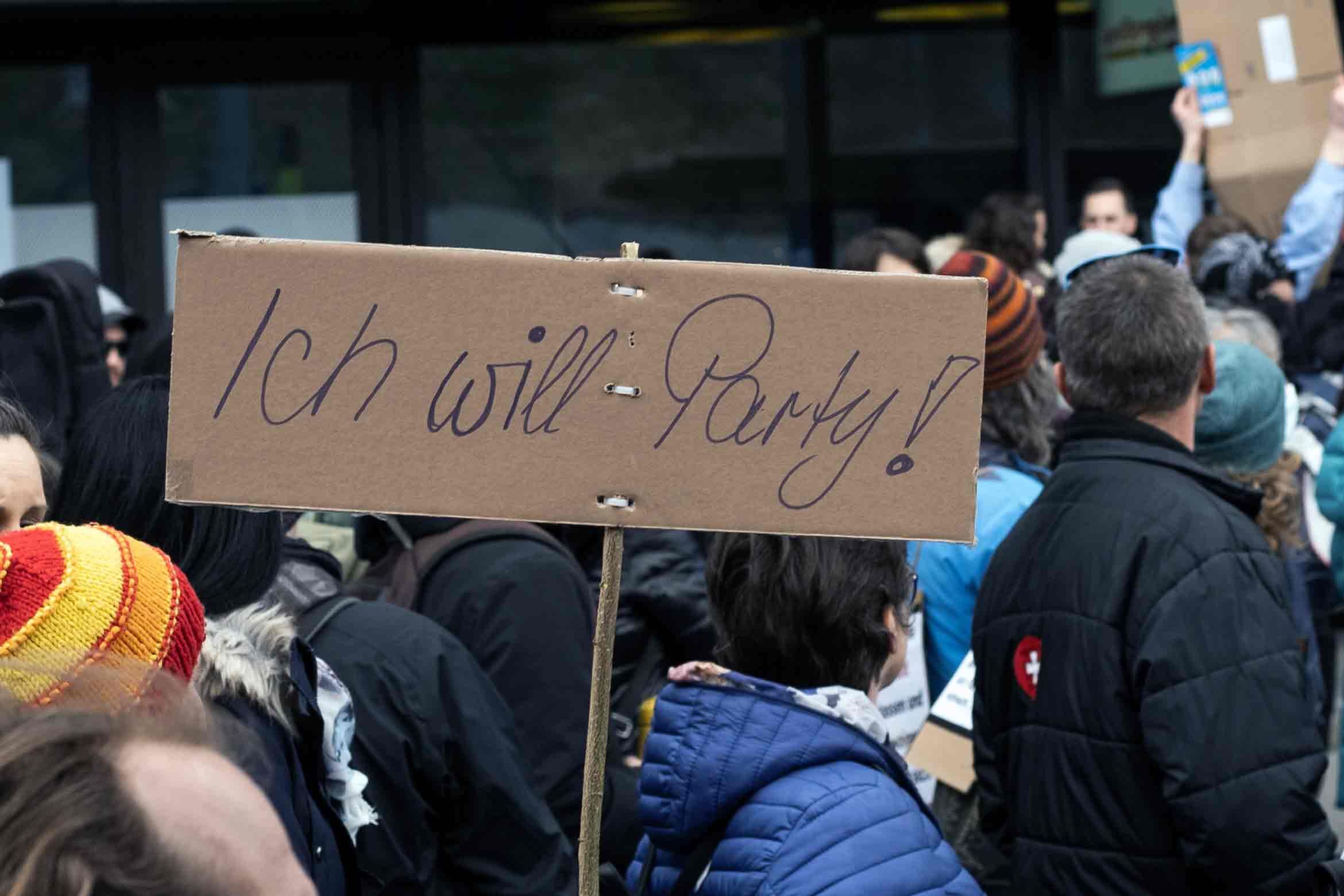
The discussion around testing shows that the government also doesn’t have a real plan B other than to apply increased pressure by scrapping free tests for those who aren’t vaccinated. But by doing this, they’re also accepting that socio-cultural life in rural areas in particular, where take-up of the vaccine is low, will come to a halt and the COVID certificate will lose acceptance. Yet the narrative around the vaccine must move away from this emotionally charged discussion. It’s a personal choice for everyone, but the reasons for getting it outweigh the side effects we’re currently aware of. Yes, most newly vaccinated people will be laid up with a fever, chills, headache or other mild side effects for a couple of hours, but what’s that compared to the threat of losing your sense of taste or suffering from long COVID?
Getting the vaccine is also a sign of appreciation for going out in Zurich.
The fact that we’re discussing in Switzerland whether there should be free tests in future is an absolute privilege. What’s also a privilege is that our healthcare system hasn’t been overwhelmed like in Italy, England or Spain and we are medically able to deal with more COVID cases. Being vaccinated is a privilege in a global epidemic and allows us in Switzerland to show solidarity with our fellow human beings. From the point of view of nightlife, getting the vaccine is also a sign of appreciation for going out in Zurich – only with a high vaccination rate can we get back to celebrating so openly, as we should be, in the foreseeable future.
But the main argument is and will remain that vaccines save lives.
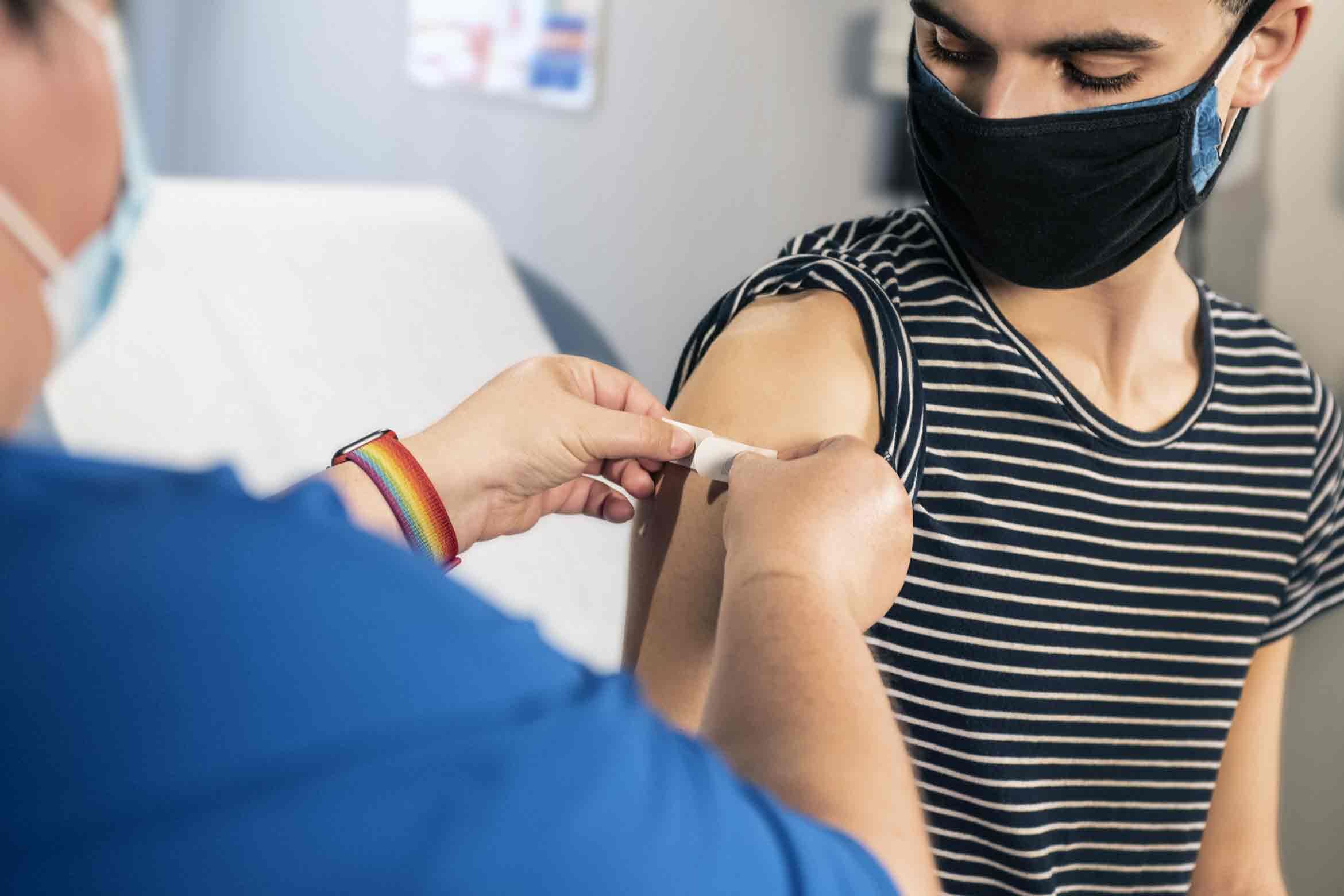
Put another way, only when enough people have been vaccinated will we no longer require a certificate to go dancing, will we no longer need to stick a swab up our noses, will we no longer have to wait for friends still standing in the testing tent, and you won’t have to give your contact details yet again and the clubs won’t have to close. But the main argument is and will remain that vaccines save lives, and all the night-time revellers who are worried about the vaccine on a pharmacological level should accept that you’re far more likely to become infertile from using intoxicating substances than from the COVID vaccine.
